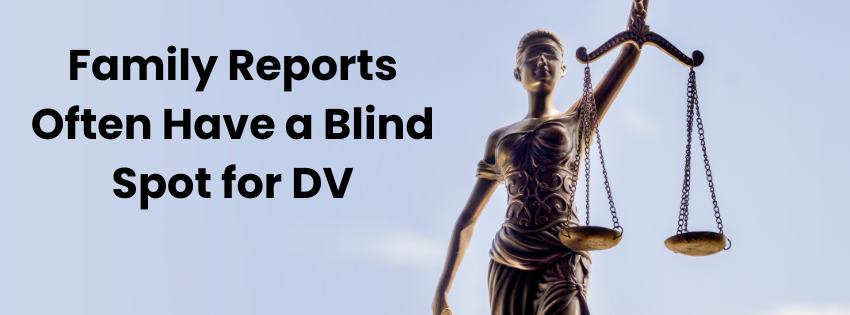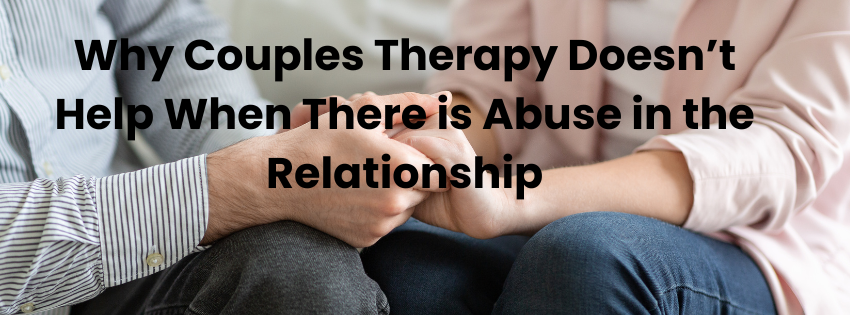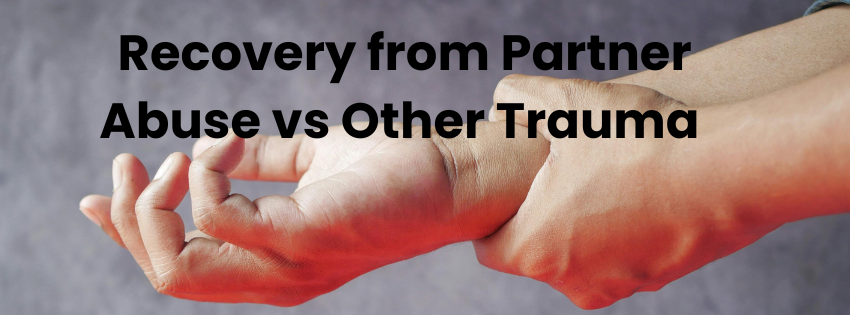In my practice, I frequently work with mothers who find themselves in the family court…

Does the abuse stop once you leave a controlling relationship?
Most people believe that leaving an abusive relationship is the ultimate step in ending coercive control and will put a stop to the abuse. Sadly, the reality is that the abuse doesn’t necessarily end when you walk away. In fact, it can often continue, sometimes even escalating in new forms. This is what is referred to as post-separation abuse.
Post-separation abuse occurs after the end of a relationship and can take many forms, including emotional manipulation, financial control, harassment, and intimidation. It’s driven by the abuser’s desire to maintain power and control, even after the relationship has ended. Here are some of the common ways an abusive partner will continue their attempts at control and re-asserting dominance after a separation:
- Continuing excessive communication even when you are trying to cut off any contact with them – frequent messaging, voice calls, getting in touch with people from your social/family circle and trying to enlist them to advocate on their behalf.
- Going on a smear campaign against you – making false claims to friends, discrediting you at work.
- Online harassment – stalking through social media accounts or tracking apps, distributing personal and private materials of you online, attempts to access personal accounts.
- Physical stalking – camping out in front of your home, “accidentally” running into you frequently, making his presence known but remaining just outside of IVO boundaries.
- Guilt inducing – making threats that he will harm himself, telling you about his mental health struggles.
Post-separation abuse is particularly prevalent for those who share children with their ex-partner and need to maintain ongoing contact. For many, post-separation abuse continues to cause significant trauma long after the relationship has ended. Co-parenting with an abusive ex-partner under these circumstances can be especially challenging. Some of the common ways the abuse continues is:
- Legal Abuse – filing excessive or unnecessary legal claims, dragging you through endless court battles, refusing to sign necessary documents, or misrepresenting facts in legal documents. They may refuse to comply with child visitation arrangements or other legal agreements made post-separation and create obstacles, making it difficult for you to move forward.
- Undermining your parenting – disrupting children’s living patterns and visitation schedules, withholding information, contradicting your home rules and family routines on purpose.
- Disrupting children’s relationship with the mother – discrediting and/or badmouthing her, using kids as spies, enlisting children as allies against the mom.
- Disregarding and/or endangering children – neglecting them and their needs, getting family members or a new partner to look after them, putting them in age-inappropriate situations, using children to justify breaking IVO orders.
- Financial withholding – not paying support regularly or contributing to expenses as agreed, using legal means to drain you of money.
Co-parenting with an abuser under these circumstances can be especially challenging. The ongoing manipulations and controlling behaviours through shared parenting responsibilities are emotionally exhausting, leaving you constantly navigating the abusive behaviours that don’t stop with the end of the relationship.
This is why it’s so crucial that you have access to ongoing support and good legal advice from a practitioner that understands relationship abuse after your separation.


